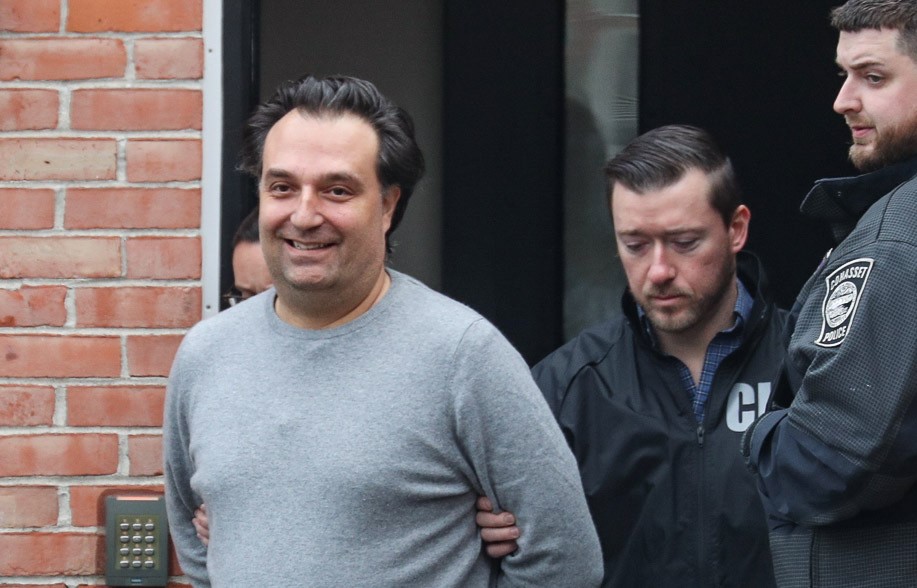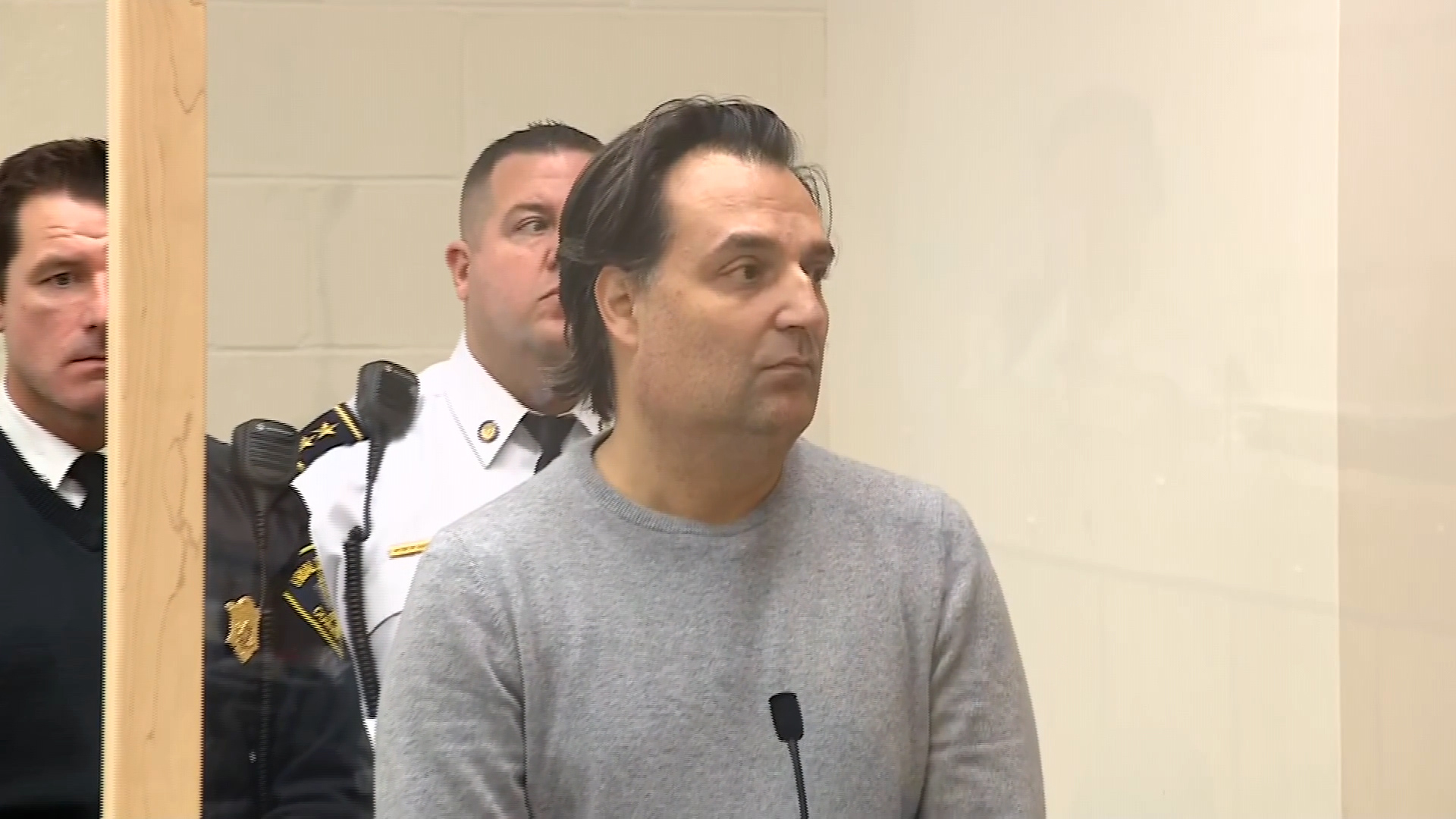Countless videos and social media posts detail the disappearance of Ana Walshe, the mother from Cohasset, Massachusetts, who has been missing since New Year's Day.
Some are sharing information released by law enforcement. Others are doing their own digging — a trend that's grown with the explosion of true crime media.
"How could you not be into the case. Especially if it happens in your backyard. You know the area. Know the places involved. It's a sleepy place then this giant meteor hits," wrote the Twitter account Cohasset TMZ in a message to NBC10 Boston, saying they typically post about small-town news and gossip.
"We share what we think is possible and needs further digging. Everyone is fascinated / horrified with what's happened and just wants to find out. And when there's nothing coming out… people dig to find more," they added.
Get New England news, weather forecasts and entertainment stories to your inbox. Sign up for NECN newsletters.
Asking to remain anonymous, they admitted they are brand new at this are figuring it out as they go along.
In recent days, Cohasset TMZ and others have been posting a mix of local news updates and tips from non-law enforcement individuals looking into the case. Some of them have attended the police press briefings and court hearing of Brian Walshe, Ana's husband, who was arrested and charged with misleading investigators.
"If you look at most shows on TV, there's an awful lot of cop shows on. This is something that catches the public's attention all the time. And so you are seeing the spillover from entertainment into real life," said Ken Gray, a retired FBI agent, now senior lecturer at the University of New Haven's Criminal Justice Department. "The police need the public, but they don't need the public to become their own investigators."
He says the public is not aware of all the details of ongoing law enforcement investigations: "Consequently, they often leap to conclusions based upon limited information."
He pointed to a recent case in Idaho where a professor is suing a TikToker over allegations in the killing of four university students.
"There have been cases where amateur sleuths have looked at primarily cold cases, and have helped breathe life into cases that have sat on the shelf not being solved. And so, sometimes amateur sleuths can be of great assistance from that aspect. But normally, it is things like improvement in technology, genealogical DNA that is helping solve some of these old cases," Gray said.
The public is helpful during investigations, but speculation may lead down blind alleys, said Lawrence Police Chief Roy Vasque, the president of the Massachusetts Major City Police Chief Association.
"We need the public to give us as much information as possible," said Vasque. "Many times they see a lot of things that we haven't or are aware of information that they haven't passed on, which could really help in investigations. That being said, there is also a lot of speculation out there. And I think it's important for the public to realize that just because someone's out there saying a certain thing doesn't mean that, you know, it's actually true."
He added that law enforcement agencies do not reveal all of the information they uncover to protect the integrity of their investigation.
"This case eventually is going to go to prosecution. We want to do the right thing by the victims and the families to make sure that the individual responsible for you know, in some of these cases, very heinous acts are brought to justice and get what they deserve," Vasque said. "So it does us no good if we're starting to put out information where we may jeopardize a case, we may give someone information that may allow them to alter something, and again, make the case problematic."
He said that sharing speculation online could also be harmful to the family and friends of a crime victim.
"It can be very traumatic for our loved ones to be hearing different things out there in the world. And obviously, each individual person should be aware of what they're saying. And they should really put themselves in the position of a family member trying to go through that same situation," Vasque said.




